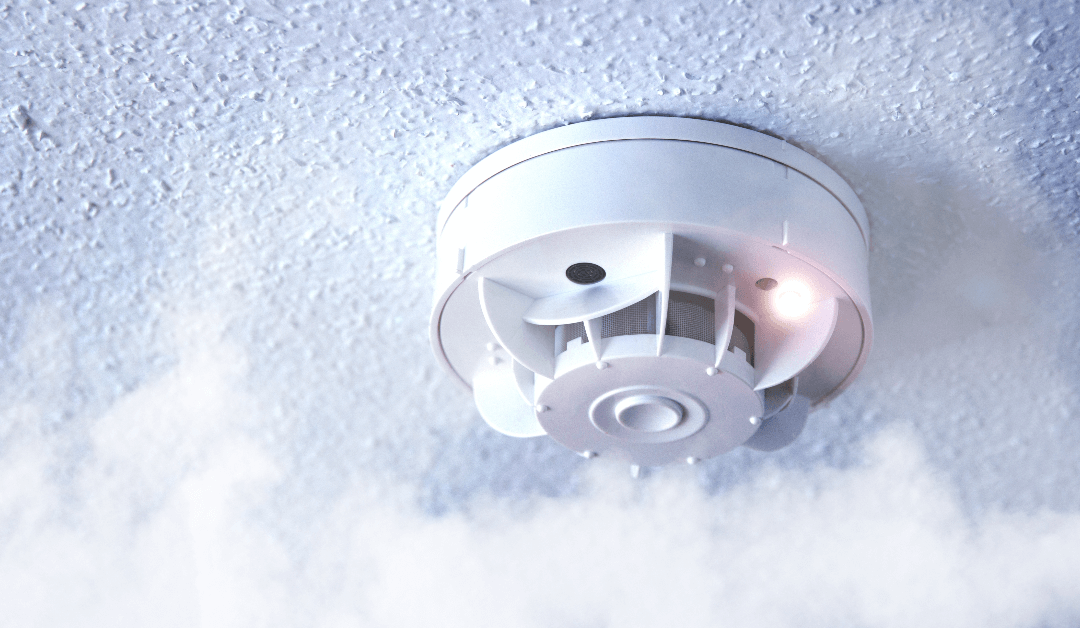Do you remember the last time your smoke detector was inspected professionally? Ensuring your fire alarm systems are in proper working order is critical to the safety of your employees and customers, and the detector’s sensitivity requirements may be different than you previously thought. Premier Fire Alarm Systems in Miami can help you keep your building up to code and protect the ones inside your business, giving you peace of mind.
Why Inspections Are Important for Smoke Detector
Obviously you want a fire detector and sprinkler systems to be functioning properly in the case of an emergency, both for you and your customers and employees, really anyone in the building and surrounding buildings. A faulty or insensitive fire detection system could compromise your first line of defense and put everyone in danger. You will also need to comply with all building and local fire codes on a yearly basis, so any sensitivity issues can dramatically affect your overall fire protection. You will need to maintain compliance with all NFPA (National Fire Protection Association) requirements, meaning regular sensitivity and functional testing of smoke detectors and fire alarms are essential.
Testing Your Smoke Detectors
Every building and business should have their detectors clearly marked with the appropriate sensitivity range. The sensitivity testing requirements stipulate that the detectors should be checked on a regular basis and maintained or replaced when necessary. You can check the detectors yourself using UL-approved equipment to make sure it functions properly within it’s required range. This is a great way for you to understand how the detectors work and better understand the sensitivity involved in their operation. You should also have the detectors inspected at least yearly by a fire alarm company to guarantee that every device is performing as it should be.
The fire safety technician will use a specialized tool to introduce controlled smoke to the detector system to measure the sensitivity of each detector head. This tool measures the detector’s sensitivity in percentages per foot. If it is found that the detectors do not test in the recommended sensitivity ranges, they will need to be cleaned and recalibrated, or replaced with updated equipment to ensure proper alarm detection and protection. Per NFPA requirements, all detectors must be checked within one year after installation, then followed by every alternate year thereafter. If the detectors are performing well after two tests, the period between sensitivity tests can be extended up to five years. Many detectors have a monitoring panel which will continuously check and monitor sensitivity on each device and will warn you when the devices go out of range. These types of detectors don’t follow the same sensitivity testing schedule as other detection systems, but still require periodic manual testing to ensure the system is running properly.
Safety First
Nobody wants to have a malfunctioning fire detection system, especially when something does go wrong. You also don’t want faulty sensitivity ranges on your detection systems, making the alarms go off and disrupting your business and daily flow. Addressing the safety and accuracy of your alarm system through regular sensitivity testing will minimize the loss of time and productivity in your business and ensure overall safety.
Contact Us
Do you remember the last time you tested your smoke detector’s sensitivity? Or the last time your fire alarm system was professionally inspected? Rely on Premier Fire Alarm Systems expertise to test your system’s overall sensitivity and make sure your fire alarm protection systems are running optimally in Miami. Call us today!


